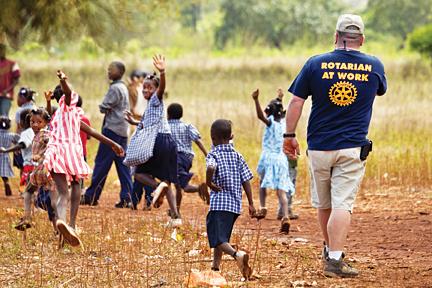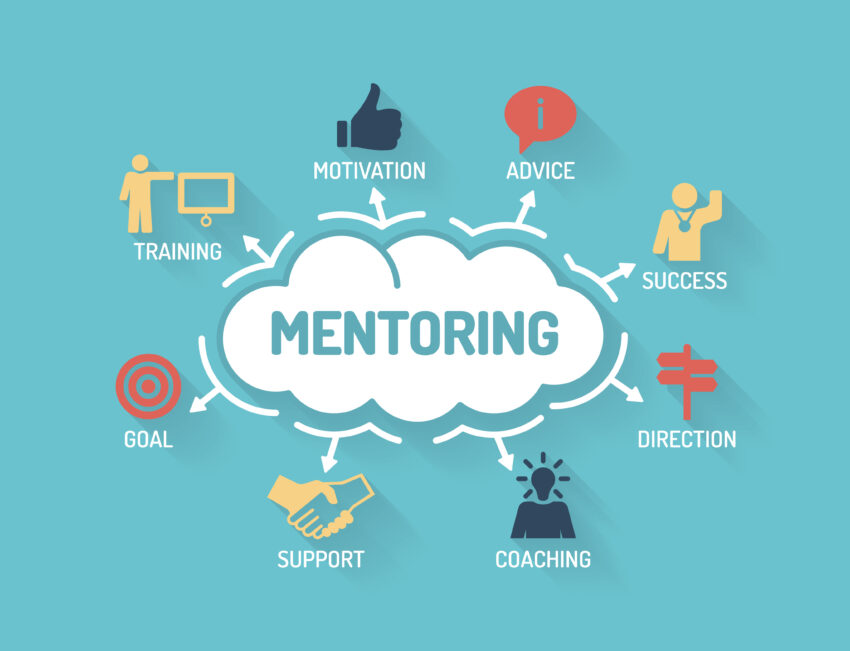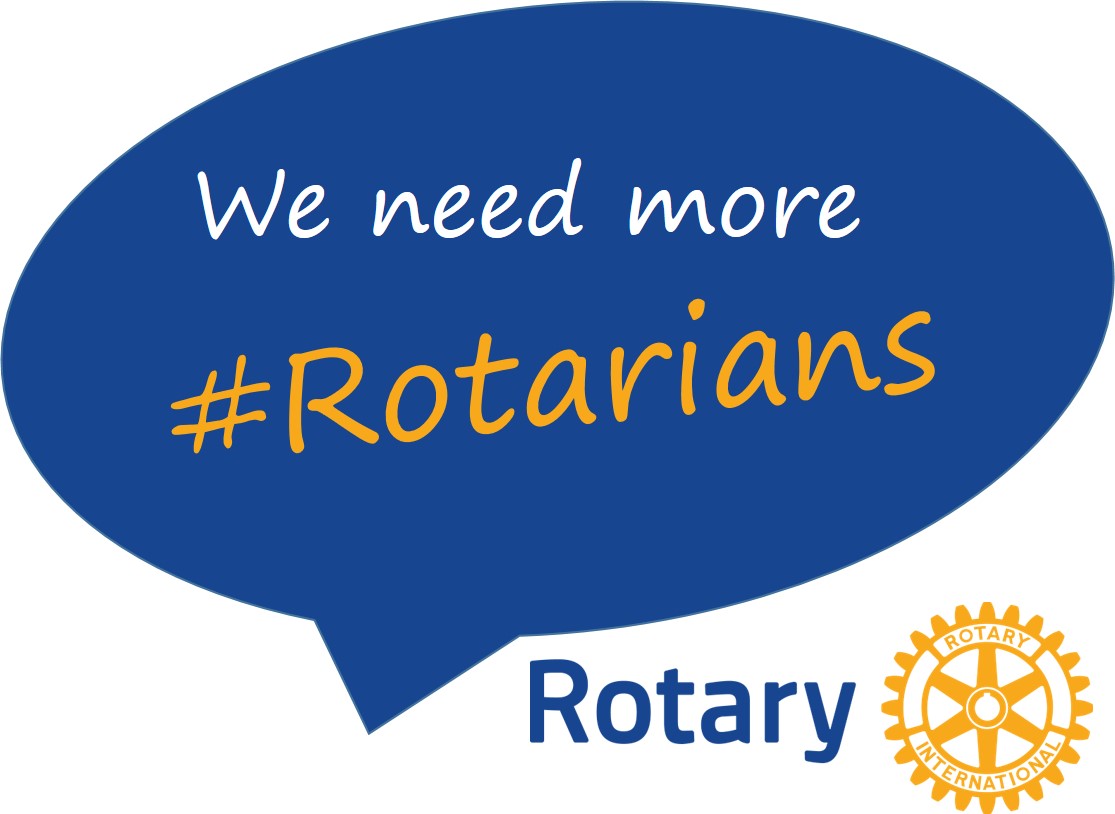Chair portfolios
| Site: | Rotary District 9675 My Learning |
| Course: | Club management |
| Book: | Chair portfolios |
| Printed by: | Guest user |
| Date: | Wednesday, 31 December 2025, 6:57 AM |
1. Community projects

There are a wide range of projects under the Community Portfolio.
Sue Clark is the Chair of Community.
Find out more about the projects under the Community Portfolio.
2. International
International Service encompasses efforts to expand Rotary's humanitarian reach around the world; through Rotary's avenues of services and aligning with the Rotary Foundations areas of focus, the clubs in our district are supported to research, design, implement and review projects globally.
The Chair of International service is Thaya Ponniah. The portfolio includes International Special Projects, Shelter box, Rotary Australia World Community Service Ltd (RAWCS) and Rotary Oceania Medical Aid for Children (ROMAC). Find out about the different projects.

3. Learning and development

Learning and Development Directorate continues to work hard to change our focus to being more learner-centred. This is a work in progress and we will be continually asking for your input to help us build MyLearning and redevelop our programs to better meet your needs.
Gayle Malcolm is the chair. Find out who in the Learning & Development Team.
4. Mentoring
District Governor Warwick Richardson heads up the Mentoring team.
Mentoring basics
If you would like to know more about Mentoring, go to the course in the Rotary International Learning Centre (you will need to log into the Learning Centre using your MyRotary account). Mentoring basics

5. Membership
Past District Governor Janice Hall and Stephen Knightly head up the Membership and New Style Clubs team. Contact them (through the District website if you are seeking advice and strategies for attracting and retaining members).

5.1. Membership committee
 Clubs have different Board structures, however, it is important to have a Director on your Board responsible for Membership. Growing membership and retaining existing membership is vital for your Club.
Clubs have different Board structures, however, it is important to have a Director on your Board responsible for Membership. Growing membership and retaining existing membership is vital for your Club.
The following guide explains the process of creating a membership plan and provides strategies and tools you can use to attract and engage new members. It also includes information about sponsoring new clubs and reviews the membership resources that are available from Rotary. As you work through this guide, you will evaluate your club’s membership trends, create strategies for attracting new members and develop ways to make your club meetings more engaging to improve your club’s member retention rate. Finally, we’ve included a worksheet that has concrete steps your club can take to build a plan to strengthen its membership.
Resources
A guide for download:
Strengthening Your Membership "Creating your membership plan"
Learning centre courses
There is a wealth of resources on building your club membership in the Rotary International Learning Centre. To access these courses you first need to log into My Rotary and then the Learning Centre (instructions are available in the topic 'Introduction and overview of the the program' in this course). Be patient as the Learning Centre takes some time to open.
Go to the Learning Centre and search for the following courses.
Club membership Committee
Developing club membership strategies
5.2. Developing your membership plan
To develop your membership plan, you should first evaluate your club's readiness to attract new and retain members, then focus on the particular steps that address your club’s toughest challenges. When you’ve completed the steps, you will have identified
challenges and opportunities, developed a vision, and generated strategies for prospective new and established members.
Resources
Strengthening your membership: Creating your membership plan
Your membership plan worksheet
Learning centre courses
Developing your membership plan
Please note: You will need to log in using your My Rotary username and password.
5.3. Membership leads
Membership leads route prospective members to you to help you grow your membership. By signing in to your My Rotary account, you can see a list of your prospective, referred, and relocating or returning members all in one place! It’s one way we’re helping clubs connect with prospective members in their community who want to create positive change.
Bharathi Rengarajan is the District membership leads contact. Bharathi will email Clubs to provide details of membership leads. It is important to follow these up as they are from people requesting contact as they would like to join a Rotary club.
Resources
5.4. New members
Asking your fellow members about people they know in the community who would be assets to the club is an important step in membership growth. Prospective members are likely to rely on the experiences and opinions of their friends, family or colleagues when considering joining an organisation like Rotary. Encourage others to invite prospective members to club meetings, service projects and events so they can see how your club helps the community and provides opportunities to form connections and friendships. It may take a few conversations or several visits for prospective members to get a full understanding of Rotary and how they could benefit from membership. It’s important to allow that time to make sure that it’s a good fit for everyone involved.
Resources
5.5. Diversity
 Diversity refers to inclusion of people from many groups. It is a source of innovation as well as one of Rotary’s core values. Having members with different backgrounds and viewpoints gives your club a broader understanding of the community, its problems and possible solutions. Strive to have a group of members who offer the club diverse skills, talents and experiences. If your club includes different ethnicities, ages and cultures, as well as a good gender balance, it will have greater capacity
to serve your community and communities around the world. Equally important is creating a culture of inclusion, where these differences are respected, supported and valued.
Diversity refers to inclusion of people from many groups. It is a source of innovation as well as one of Rotary’s core values. Having members with different backgrounds and viewpoints gives your club a broader understanding of the community, its problems and possible solutions. Strive to have a group of members who offer the club diverse skills, talents and experiences. If your club includes different ethnicities, ages and cultures, as well as a good gender balance, it will have greater capacity
to serve your community and communities around the world. Equally important is creating a culture of inclusion, where these differences are respected, supported and valued.
Resources
Representing your community professions
Learning centre courses
Go to the Rotary International Learning centre and login using your My Rotary username and password (be patient the site is a bit slow to load) and search for the following courses:
- Committing to diversity, equity and inclusion
- Building a diverse club
5.6. Club extension
Do you want to start a Rotary club but don’t have enough members? Are you in a Rotary club that isn’t meeting your or your members’ expectations? Are there members who love your club but can’t keep attending when it meets? Would you like to start a new club with a small, energetic group committed to community service? Then you might want to start a new club.
Types of clubs
- Traditional Rotary club: Professionals and aspiring leaders who meet regularly for service, connections and personal growth
- Next-Gen: Rotary's long heritage is blended into the new, information-rich world in which we live. The result is a new generation of Clubs that embrace the demands of a faster-paced environment and create the opportunity for more people to become involved in Rotary service to the community
- Satellite club: A Rotary club sponsored by a traditional club but with its own meetings, projects, bylaws, and board
- E-club: A Rotary club that meets primarily online
- Passport club: A Rotary club that allows members to attend other Rotary club meetings as long as they attend a specified number of meetings in their own club each year
- Corporate club: A club whose members (or most of them) work for the same employer
- Cause-based club: A club whose members are passionate about a particular cause and focus their service efforts in that area
- Alumni-based club: A club whose members (or most of them) are former Rotary or Rotary Foundation program participants
- Rotaract club: A club of members ages 18-30 that is sponsored by a Rotary club and often works with that club on projects
Resources
My Rotary - a wealth of resources on types of clubs and guides to starting new club
Learning centre course
Go to the Rotary International Learning centre login using your My Rotary username and password (be patient as the site is a bit slow to load) and search for the following course (it is a video about starting a club):
- Starting a Rotary Club

6. Marketing and public relations
Jeremy Wright is Director, Marketing and Public Communications.
6.1. Toastmasters
Toastmasters International is a not for profit training organisation that focuses on communication and leadership development.
There are around 800 Toastmasters clubs with over 15,000 members throughout Australia and Papua New Guinea. These clubs are grouped into 5 Districts, forming part of Toastmasters Region 12.
Toastmasters and Rotary
Find out more
Learning centre courses
Go to the topic on Presentations skills. There are links to the Courses available in the Learning Centre.
7. New generations and youth
Go to New generations the District Website and find out about the different projects..
8. Rotary Foundation
The mission of The Rotary Foundation is to enable Rotary members to advance world understanding, goodwill, and peace through the improvement of health, the support of education, and the alleviation of poverty. The Foundation is a not-for-profit corporation supported solely by voluntary contributions from Rotary members and friends of the Foundation who share its vision of a better world. This support is essential to make possible projects, funded with Foundation grants, that bring sustainable improvement to communities in need.
Find out more
History of the Rotary Foundation
The Australian Rotary Foundation
The Rotary Foundation Reference Guide
Understanding Foundation Recognition Points
Learning centre
Go to the Learning Centre and search for 'Rotary Foundation Basics'. Please note: you will need to logon using your MyRotary username and password.
8.1. District Grants
Watch the following presentation by Past District Governor Keith Roffey, Grants Committee Chair Lyn Gibson and District Governor Elect Tonia Barnes about district grants for the following year.
9. Vocational service

Vocational service is a large portfolio lead by Tony Luck. Vocational Service Projects